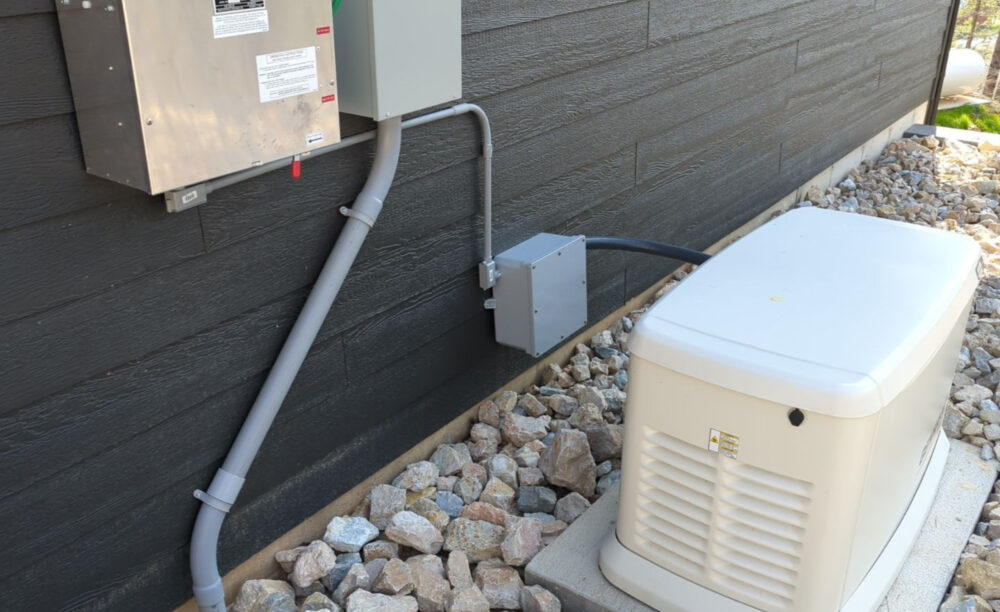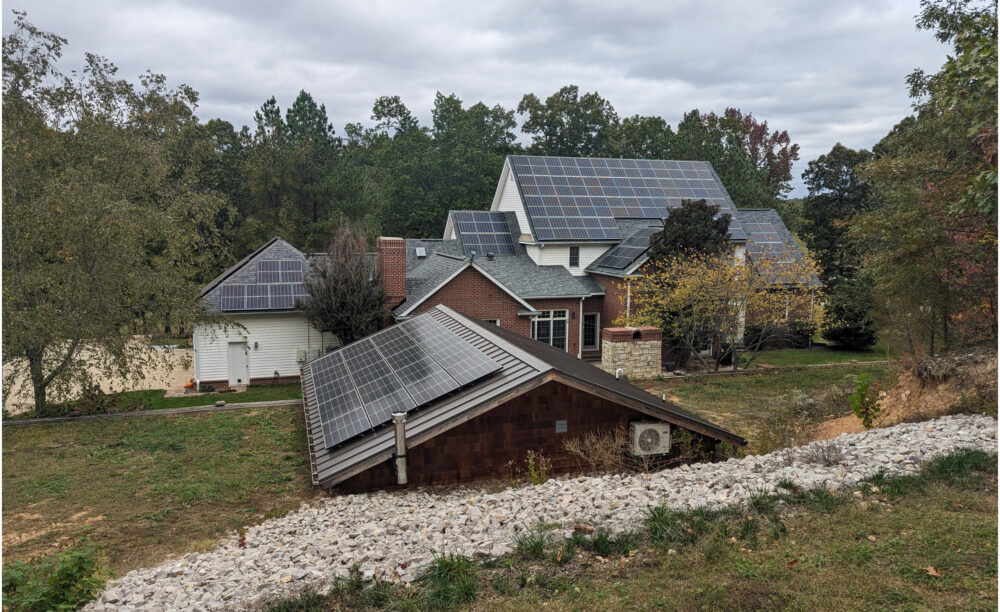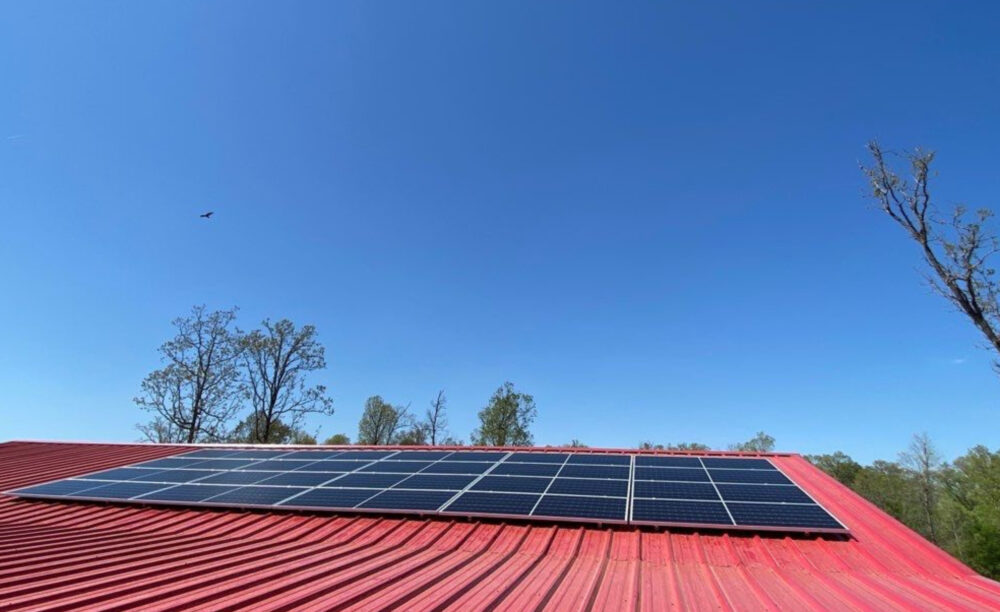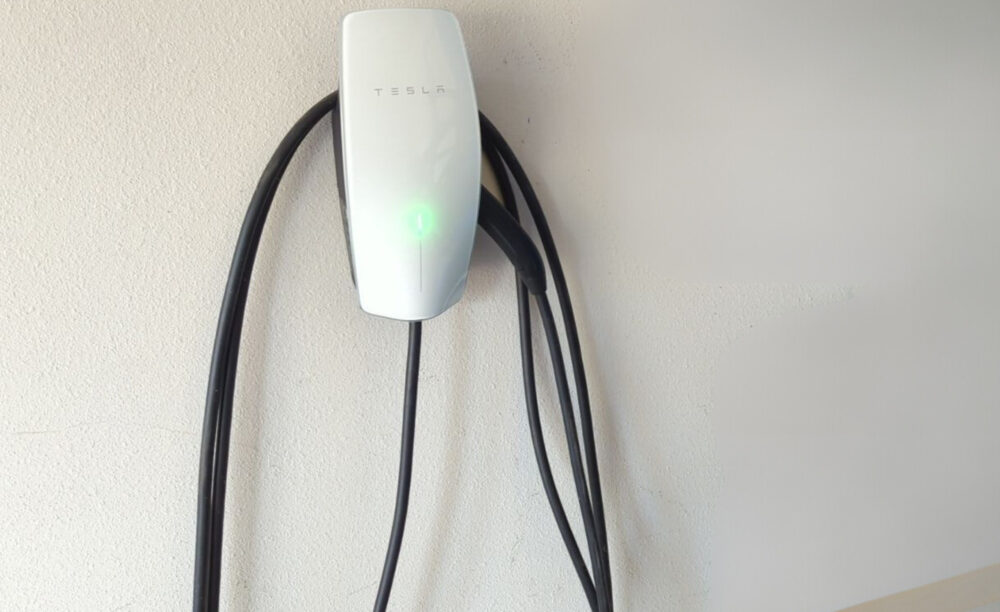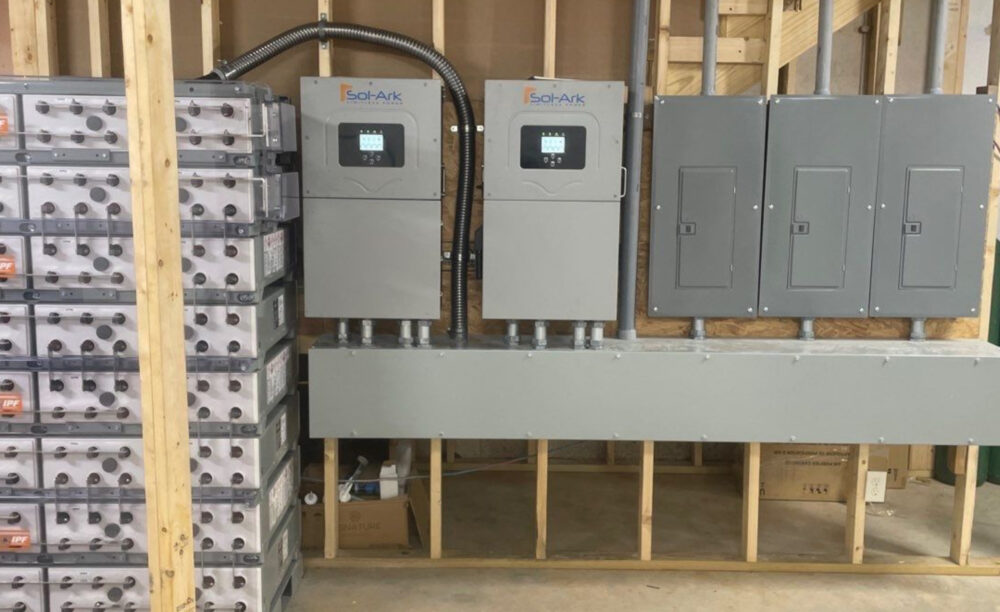Battery Back-Up
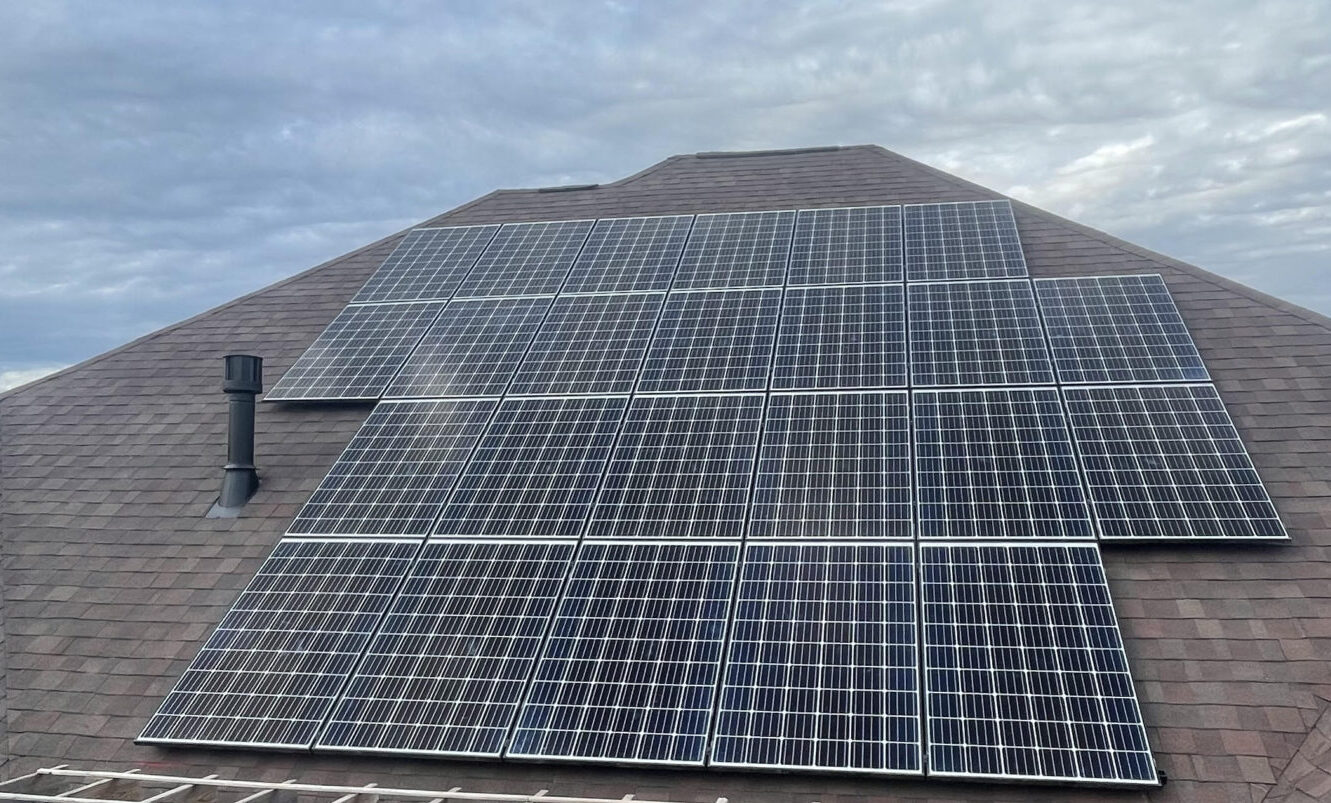
Battery backup systems play a crucial role in solar energy setups by storing excess energy generated during the day and making it available for use during the night or during periods of low sunlight. This helps increase the self-consumption of solar energy and provides a reliable source of power even when the sun isn’t shining.
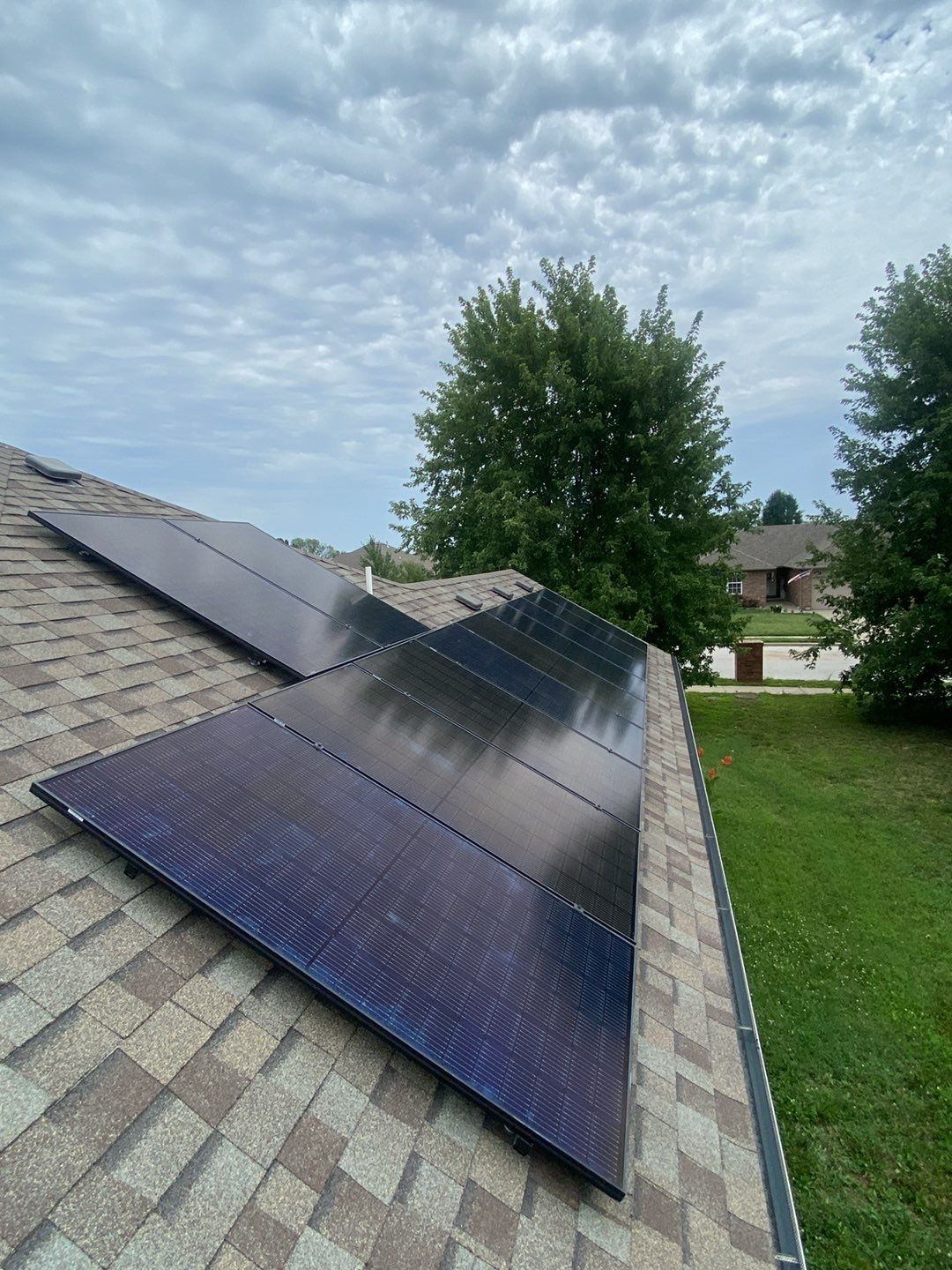
Benefits of a Battery Backup System for Solar Energy:
Energy Independence: With battery backup, you can reduce reliance on the grid and have a more consistent source of power, even during grid outages.
Maximized Self-Consumption: Instead of sending excess energy back to the grid, you can store it for your own use, increasing your self-consumption and potentially reducing your electricity bills.
Environmental Impact: Using stored solar energy during peak demand times can reduce the need for power plants that rely on fossil fuels, thus lowering your carbon footprint.
Reliability: Battery backup systems provide a reliable source of power during power outages, which is particularly important in areas with unreliable grid infrastructure or during natural disasters.
Peak Load Management: You can use stored energy during peak demand hours when electricity rates are higher, further saving on your energy costs.
Tax Incentives
Yes, there are often tax incentives available for consumers who install Battery Back up systems, such as solar panels. These incentives can vary by county, state, or region and can include:
Here’s how a battery backup system for solar energy generally works:
Solar Panels: Solar panels generate electricity from sunlight during the day. This electricity can be used to power your home’s appliances or stored in batteries for later use.
Inverter: Solar inverters convert the DC (direct current) electricity generated by the solar panels into AC (alternating current) electricity, which is the type of electricity used in homes and businesses.
Battery Storage: Excess electricity generated by the solar panels that isn’t immediately used by your home is stored in batteries. These batteries can be charged and discharged as needed.
Battery Inverter/Charger: This component manages the flow of electricity between the solar panels, the battery bank, and your home. It ensures that the batteries are charged efficiently and can provide power to your home when needed.
Energy Management System: Many modern battery backup systems come with energy management features that allow you to prioritize how the stored energy is used. You can set preferences for when the battery should discharge, such as during the evening or during power outages, to ensure you have power when it’s most needed.
Power Outages: When there’s a power outage, a battery backup system can automatically switch to using the stored energy in the batteries, providing you with electricity even when the grid is down. This is especially useful for maintaining critical appliances such as refrigerators, medical equipment, or communication devices during emergencies.
Keep in mind that the availability and terms of these incentives can change, and there may be eligibility criteria and paperwork requirements. It’s crucial to consult with a tax professional or a local renewable energy expert to ensure you take full advantage of any tax incentives available in your area. They can help you navigate the complex landscape of solar and energy storage incentives and ensure you comply with all requirements to claim them.
Investing in a grid-tie power system should be a well-informed decision that takes into account your energy needs, location, financial considerations, and available incentives. When done right, it can lead to long-term savings, energy independence, and a positive contribution to a sustainable future.
Good News we are here to help. Schedule your Free Consultation today
Trustindex verifies that the original source of the review is Google. Excellent responsiveness, offering to view worksite and prepare a proposal to help us. Much thanks. Now we can say in retrospect, our results are even better. Our system is better able to function than ever.Posted onTrustindex verifies that the original source of the review is Google. Just had major storm in our town July 30th. Multiple tree limbs taking out multiple electric wires. Got service back from electric co late Aug 1. 3 days no power. If hadn't had the solar panels our freezer would have had spoiled meat...about $2000 worth. Solar energy services' panels worked great!Posted onTrustindex verifies that the original source of the review is Google. First, his bid included all the engineering, all the interface/permit process, etc. with the County agency and the local electric utility company. Derek and his staff were professional, tidy, polite, kind and very thorough. Great attention to detail. I was impressed with the level of electrical knowledge and experience. Ours was a complicated job as we had a Sol-Ark inverter with battery back up installed in addition to the solar panels. Ours is an older house so there were a few unexpected issues with our house electrical. His attention to those were seemless and resolved quickly and appropriately. He gave us a step by step tutorial on the system twice! After ALL of that, we were speechless when as he prepared to leave, he said, "If anything comes up that you don't know how to deal with..give me a call". This was very important to us as we know of people who chose solar contractors who would not stand by their work when issues arose. Thank you Solar Energy Services, LLC.!Posted onTrustindex verifies that the original source of the review is Google. Extremely knowledgeable with top shelf customer service. DW was friendly and he is an expert in his industry. I highly recommend Solar Energy Services!Posted onTrustindex verifies that the original source of the review is Google. I'm building a new home and Derek walked me through how best to prepare the space I plan to put solar panels in the future. During construction Derek's team ran conduit for me so it should be very quick and easy to add the panels. He was very knowledgeable, helpful and responsive.Posted onTrustindex verifies that the original source of the review is Google. We had a partial solar offgrid project started and these guys worked with our goals in mind to source affordable yet high quality options for us! They make turning the grid power off forever as simple as it can get!! We look forward to the many year of no electric bills thanks to Solar Energy Services of Springfield Missouri!Posted onTrustindex verifies that the original source of the review is Google. Installed a total off grid solar system for my cabin. Very professional and knowledgeable.Posted onTrustindex verifies that the original source of the review is Google. Derek and his team were recommended by a friend, but I also saw they were recommended by Tesla for Wall Connector installations. From the first email and throughout the process, they were quick to respond and incredibly professional. I tend to overthink things and ask a ton of questions. They rolled with the questions like the professionals they are, and educated me along the way. The amount of time and attention they invested was way more than expected and I am blown away with the results. Please, look no further for a great company to partner with. You won't find better.Posted onTrustindex verifies that the original source of the review is Google. Derek is alife saver and a beacon of inspiration ......man does this guy know his stuff,,,,,,he got me all fixed up and things are running great,,,,,he is a super nice guy and we are very thankful,,,THANK AGAIN DEREK !!!
We are always here to help you
Can a battery backup system protect against power surges and spikes?
How long can a battery backup system provide power during an outage?
a few hours to full time off-grid power.



